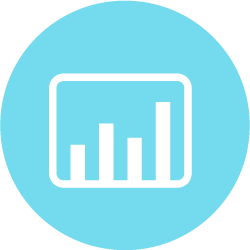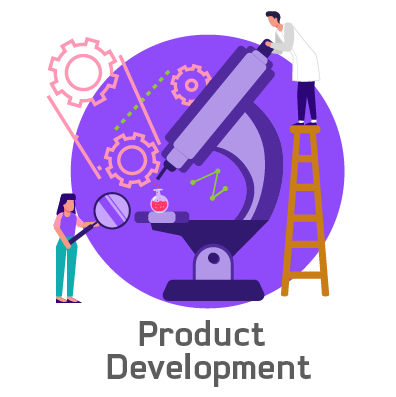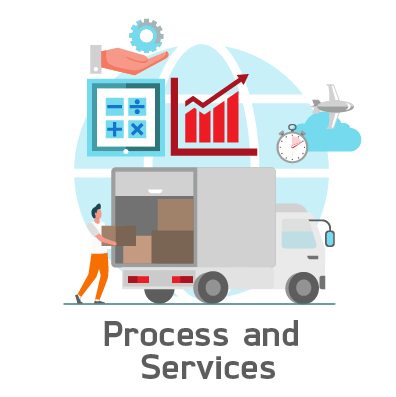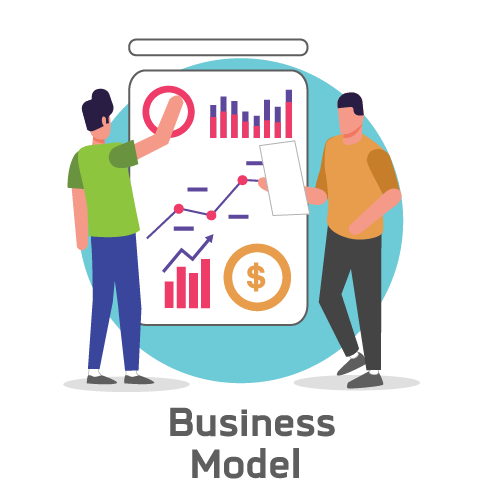INTERVIEW
(method)
Brief description
Interact and interview users or stakeholders through scheduled and/or short “intercept” encounters. It is a mean of engaging with users to gather information by talking about specific topics or by focusing on getting stories (from the interviewee) about various aspects of a topic. Interviews can be done to: customers, partners, suppliers, expert stakeholders, sales force, etc. Interviewing gives you an opportunity to speak directly with the people who can help you make informed decisions. Interviews can be done to a group or individually.










